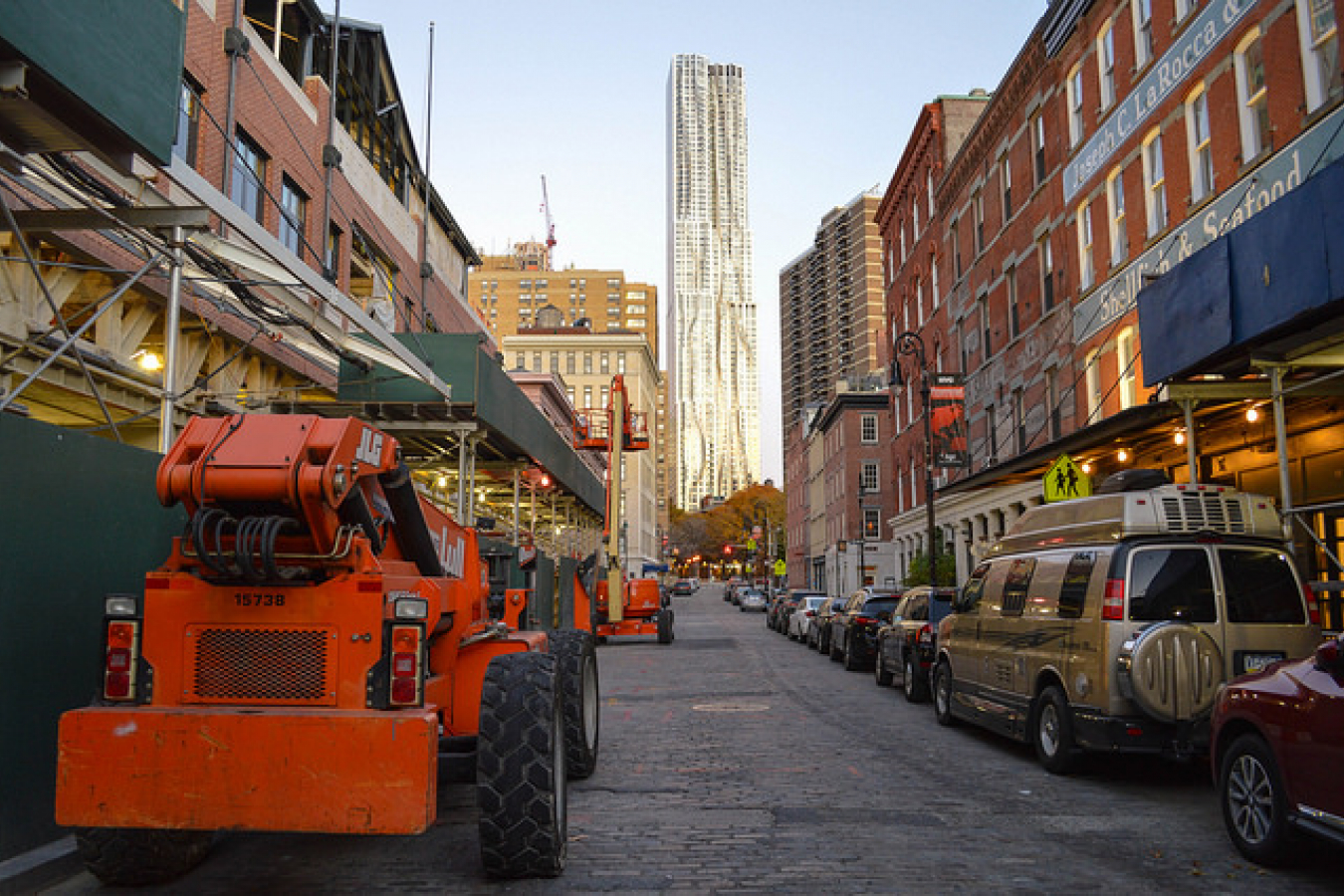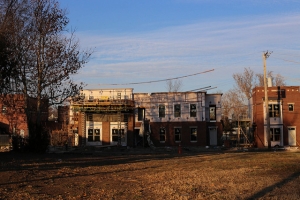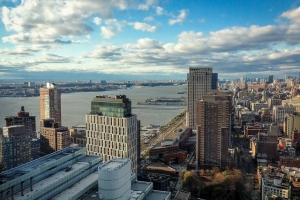Support migrant centric journalism today and donate

Though federal officials soon will begin issuing an additional 20,000 visas for highly skilled foreign workers, some US companies don't know if they'll be able to participate, reports the Sacramento Bee.
The federal government initially said the new batch of H-1B visas - which should be available soon - must be awarded to graduates of U.S. universities with master's degrees or higher.
But in March, U.S. Citizenship and Immigration Services (CIS) announced that the additional visas would not be limited to applicants with advanced degrees.
The discrepancy has not been officially addressed, and has resulted in perplexed employers across the United States.
"Count us confused," said Tracy Koon, director of corporate affairs for Intel Corp., which employs 6,500 people at its Folsom campus.
Intel lobbied for the additional visas, Koon said, and wants them to be limited to applicants with advanced degrees.
"Those are the people who are the most difficult to find, and they're the hardest positions to fill with U.S. citizens," she said. "The U.S. is graduating fewer Americans with these kinds of skills."
H-1B visas allow skilled foreign nationals to work in the United States for up to six years. Many go on to obtain lawful permanent residence, also known as green-card status. Though this visa category is often associated with information technology workers and engineers, it is also used by fashion models, architects, writers and members of other professions.
After the dot-com bust, Congress reduced the annual quota of H-1B visas from 195,000 to 65,000.
That quota has been filled early in subsequent years, and companies have complained that they're unable to obtain visas for potential employees.
As part of the H-1B Visa Reform Act of 2004, Congress called for an additional 20,000 visas annually, on top of the 65,000 quota.
Chris Bentley, a spokesman for CIS in Washington, D.C., said the requirements for the additional visas will be clear when they're published soon in the Federal Register.
The March announcement discounting the advanced degrees was "premature," he said.
"Employers are going to know when, where and how to file for the new 20,000 exemptions," he said.
Kim Berry, a Citrus Heights resident who is president of the Programmers Guild, believes the additional visas are unnecessary, and will take jobs from American workers. The guild is an organization of computer programmers.
"There's no provision that qualified Americans should be considered first when these visas are granted," he said. "If you bring in 20,000 more visas, that's 20,000 more American workers added to the unemployment rate."
Berry said employers prefer foreign workers because they're cheaper and are tied to an employer for a period of years.
But Intel's Koon said her company must pay visa and legal fees to hire foreign workers.
"It costs us more to hire with an H-1B," she said.
Ajay Kaul, managing partner of AgreeYa Solutions in Folsom, said his business and consulting firm occasionally hires workers on H-1B visas.
He's looking forward to the additional 20,000 visas, because the quickly filled quota has prevented him from hiring two employees, he said.
One of the applicants has a master's degree and the other has a bachelor's, he said.
As a result, Kaul said, he's waiting eagerly for the requirements to be posted in the Federal Register, so he knows whom he can hire.
"To us," he said, "it does make a difference."





















